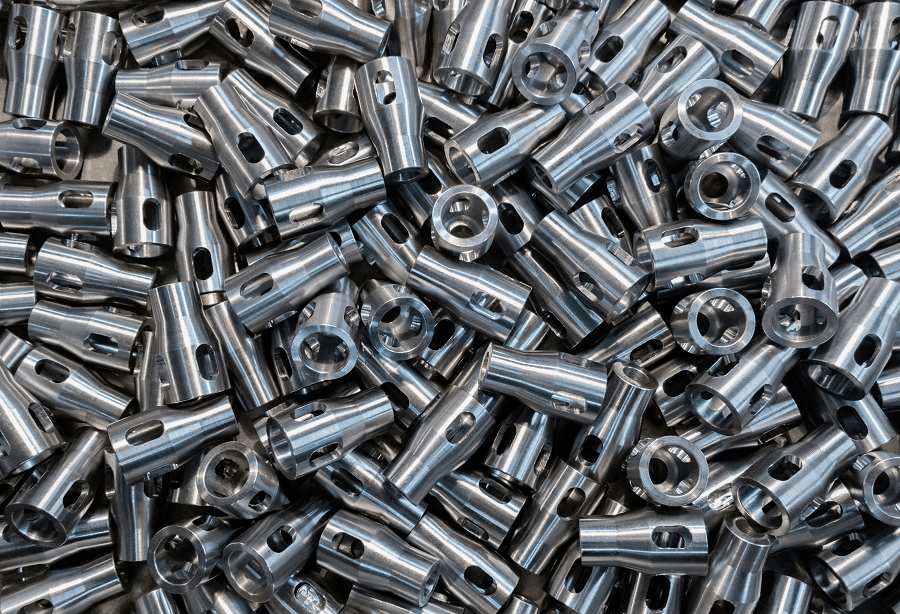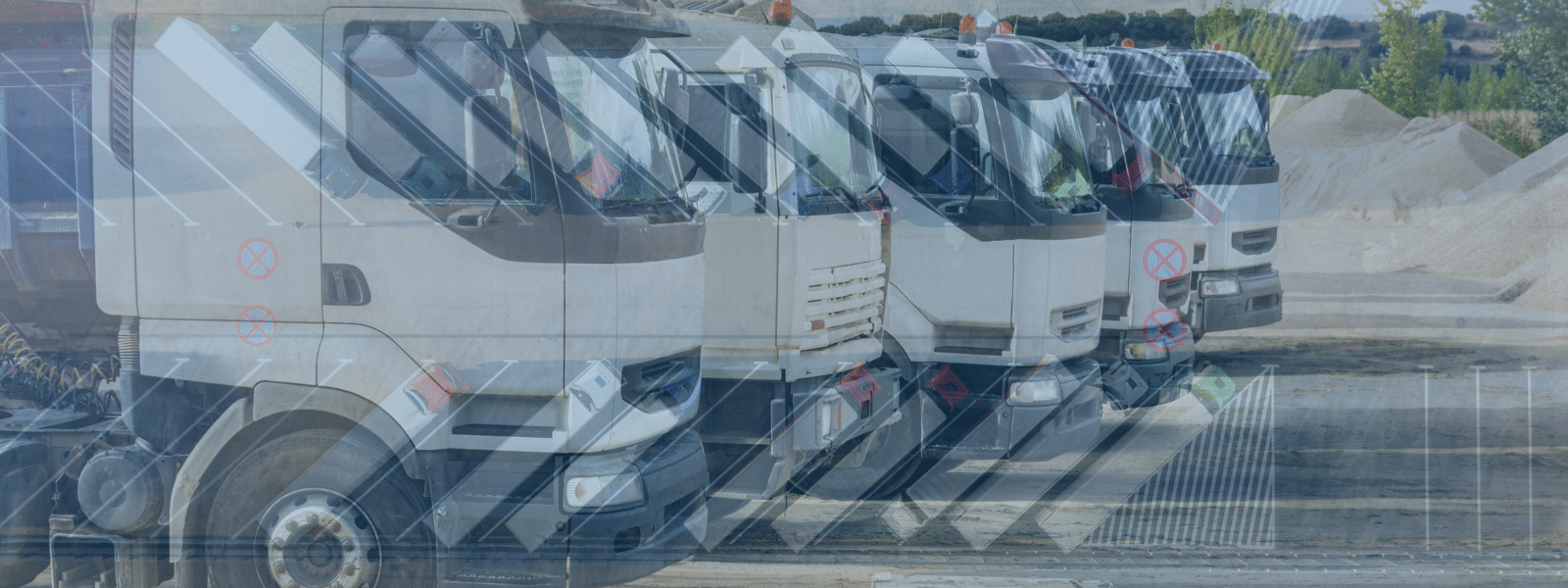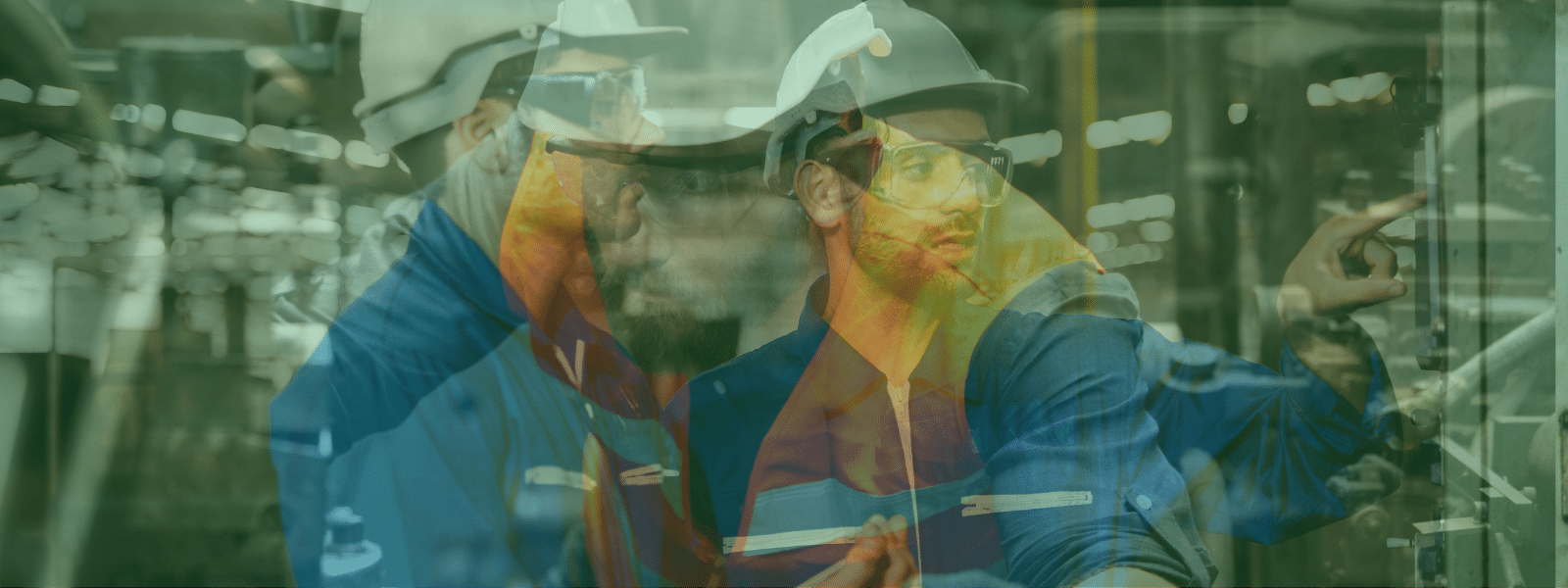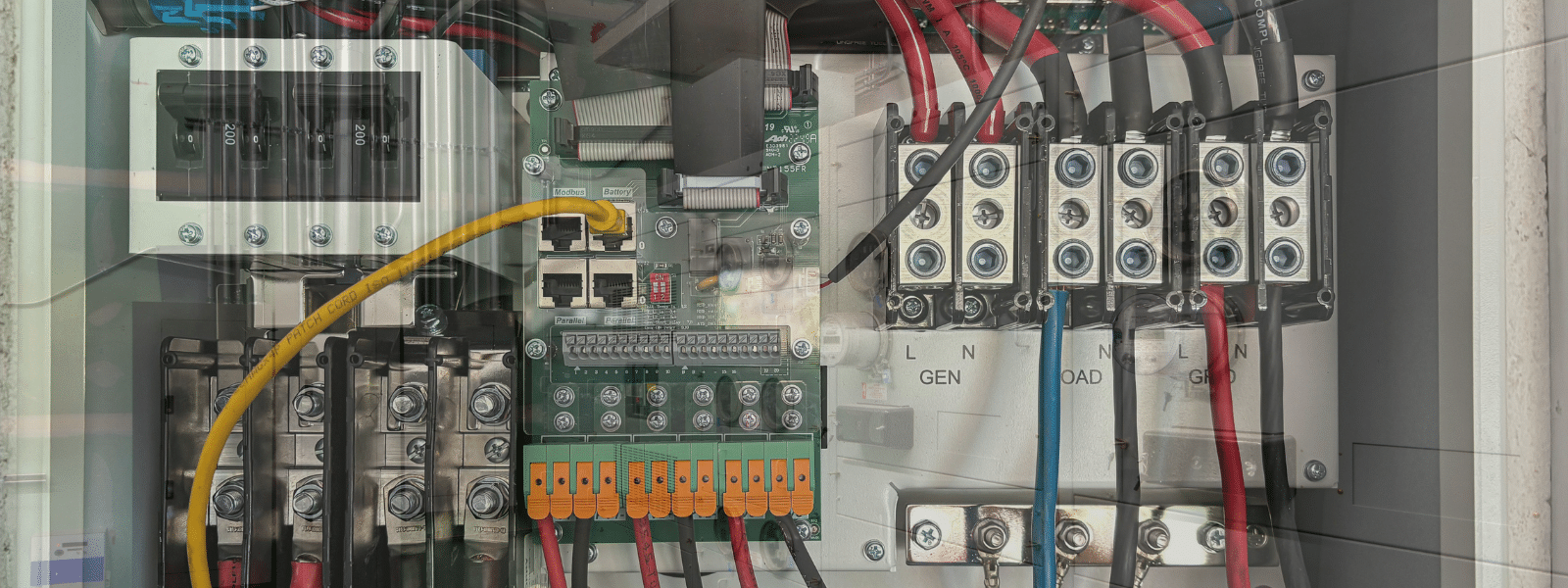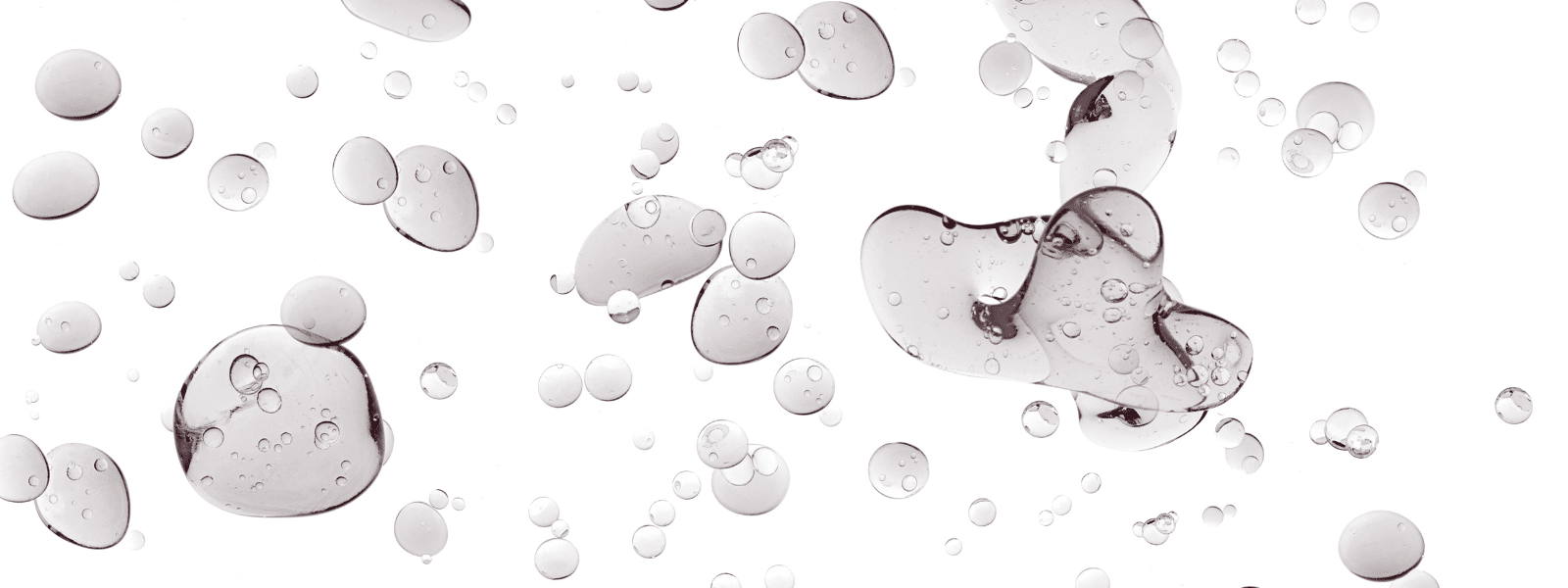Metal can accumulate a considerable layer of grease on it surface in restaurant environments, the operation of vehicle engines, and grease traps for restaurants and other entities. However, when it comes to cleaning away accumulations grease on restaurant surfaces to make them more sanitary, degreasing engines to keep them in top condition, and cleaning waste traps so grease doesn’t accumulate on the sides, not just any type of metal degreaser will do.
Choosing Metal Degreaser Products
If you aren’t sure exactly what type of metal degreaser products you need for your metal degreasing operations, it’s important to consult the following, four-part checklist before you move forward and purchase a significant supply of industrial grade metal degreaser products.
- Type of Metal to be Degreased
When metal is heated to its “transformation point”, the microstructure of the metal takes on different characteristics than it possessed prior to the high-heat, degreasing process. For example, although carbon steel seldom breaks or cracks while being degreased in a parts washing system, if the system heats or cools too fast, the weakened dimensional stability of the metal workpiece due to internal stresses — which are the opposite of ductility — could result.
- Heat Sensitivity of Microstructure
As mentioned above, some metals perform better at unusually high temperatures than others. For example, the chemical compound chromium is highly corrosion resistant under normal conditions. However, unless chromium is fluxed or placed in an atmosphere-controlled furnace that eliminates oxygen, there’s a good chance chromium will corrode and ruin the piece that was supposed to have a shiny, stainless steel appearance on exiting the furnace.
- Type of Degreasing System Used
It’s also important to choose a degreaser based on the specs of your parts washing system that is used to degrease small and moderate size parts. In addition to pure compatibility, it’s ideal to choose vapor metal degreaser products that condense excess solvent in a solvent containment system (located in the machine), from which they can be taken, purified, and reused. Using this system has the potential to reduce solvent expense.
- Short-Term / Long-Term Safety
Here, we are talking about degreasers whose components are toxic to humans, and thus compel the EPA and other regulatory agencies to make them “reportable”. nPB (a.k.a. N-propyl bromide and 1-bromopropane) is a perfect example of this type of degreaser. Considering the acute and chronic negative health effects nPB can cause in human and animals, companies are largely moving to replace nPB with eco friendly degreasers that offer just as much power.
Need Help Degreasing Metal Products?
The word “metal” is a broad description of substances that have metallic qualities that result from the presence of real metal. Metal is a highly durable, attractive product when it’s properly maintained, such as when it is degreased on schedule. If your company or organization needs assistance selecting the right metal degreaser products for its needs, contact Ecolink today at (800) 563-1305, or use our contact form. We look forward to supporting your degreasing needs.





